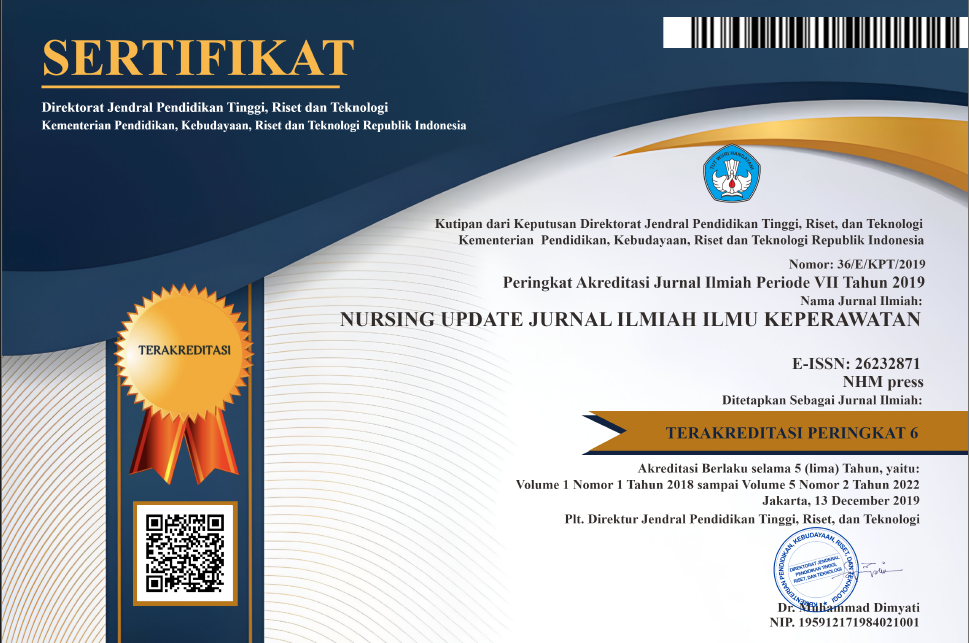Nutritional Profile of Fish Powder Made from Tuna By-Products: Establishment and Evaluation
Abstract
Indonesia is a major exporter of tuna, both fresh and frozen, as well as processed tuna. The bones are not appropriately utilised because they are generally discarded during tuna production and only the meat is consumed. Another method to utilize it is by turning it into flour, which may then be transformed into a variety of processed goods. The objective of this research is to create tuna fish powder from fish skeletons and head bones, assess the viability of using tuna fish bone waste by analyzing its nutritional value and level of microbial contamination, and then offer a substitute for enhancing community nutrition. The nutritional analysis component of the study's findings revealed that the ash content of tuna flour was 57.63%, the protein content was 26.13, the water content was 5.20%, and the carbohydrate content was 6.89%. The results of all microbiological tests for the total number of bacteria are safe. In order to meet their daily nutritional needs, it is advised that the community and associated companies create tuna fish powder, which is ideal as a food additive.










